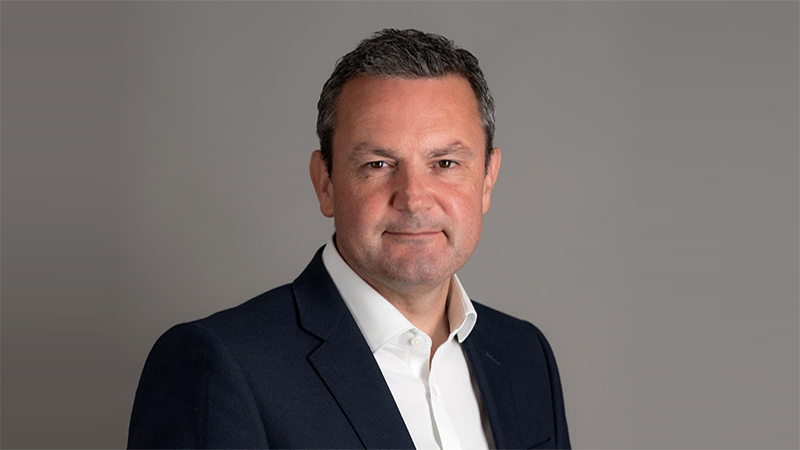Having spent over 30 years in our industry advocating for the use of multi-asset solutions, I was delighted to be invited by PA Adviser to write a monthly column relating to all things multi asset. I hope to bring you some thought-provoking and insightful articles in the months to come – though you will be the judge.
For my first article I chose to reflect on the innovation we have seen in the multi-asset space over the past three decades, to which I would humbly like to think I contributed in some small way.
Fuelled by competitive forces, and of course regulatory change, the multi-asset market during this time has moved from balanced funds to one which now has an abundance of solutions. It includes the original outsourced solution of fund of funds, to an MPS market today that has more than 120 providers. And, of course, among all of these we have different flavours of passive, active, directly invested and combinations of all three.
There are arguments for the merits of each, of course, but for some reason the apparently immutable debate for active versus passive has been perennial. Not wishing to reignite this often-tiresome argument, this debate has always puzzled me. This stems from wondering why passive providers don’t simply state that their offering is an affordable option — that’s it?
They often choose to accompany it with research emphasising that ‘most active managers’ fail to ‘consistently’ outperform the market, suggesting that purchasing a tracker is the more prudent option.
See also: Downing’s Evan-Cook: Investors shouldn’t ditch multi-asset funds despite cash rally
But as someone who has worked with some of the industry’s best active managers most of my career, I too, like many of my contemporaries, have also made the point of rare and outstanding investment ‘talent’.
That said, passive providers in their narrative seem to emphasis the word ‘consistently’ quite…consistently. But what does this mean? Does it mean all the time? Every calendar year? Rolling three years? What is consistently?
I have rarely heard that explained in such conjecture and have always thought it should be relative to the end investor rather than an arbitrary time chosen by someone pushing a solution. For some reason our industry likes to anchor its assessment of a fund on a three-year time period which, when I have chosen to question it, am never given a rational reasoning. But does this really make sense?
Using Stephen Yiu of the Blue Whale Global fund as an example, over the past three calendar years, according to FE Fundinfo data, he has only beat the MSCI World index in two of these years. One could then say that he meets the ‘lack of consistency definition’.
In 2022 he underperformed, but his outperformance during the other years has meant he managed to beat the index after fees. And over five years he has delivered calendar returns above the index four times out of five (and a return of 18% more than the index). Does one year below the index in five mean he is not consistent?
My point here is not to discuss the skill of Yiu (of which I have no affiliation), rather that there are skilled managers out there who do regularly outperform an index, but the word ‘consistently’ may be overused and irrelevant based on its measure to a particular investor’s time horizon.
That said, unfortunately owing to an abundance of mediocracy in active management, it does require diligent research to find them and there are some very talented researchers out there, to which there is a strong ‘value’ argument it is worth paying for.
Rob Thorpe is the founder of Distribution Alpha Ltd, a specialist consultancy focusing on distribution in financial services. www.distributionalpha.com








